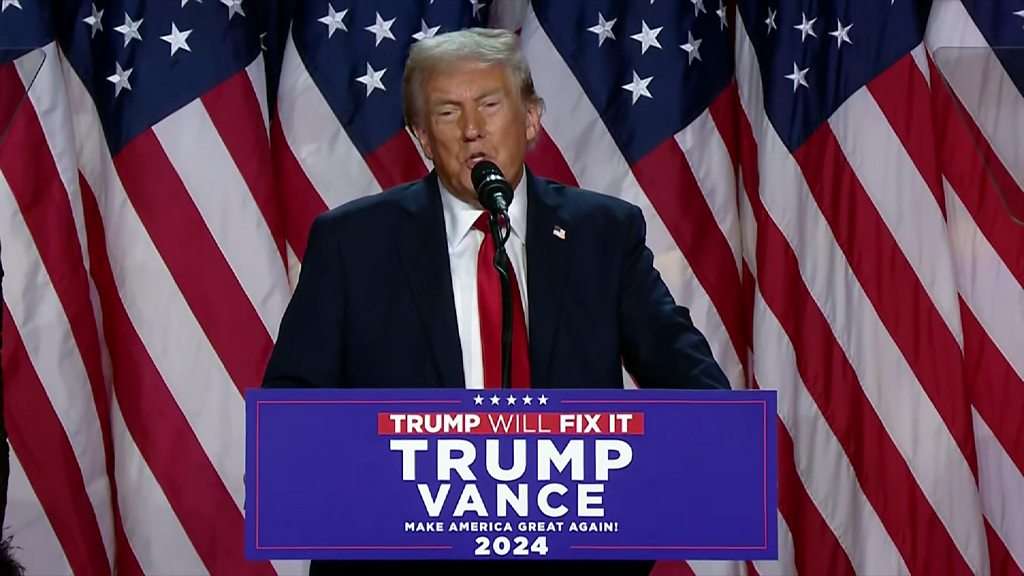As the war in Ukraine surpasses its 1,000th day, tensions have intensified following the U.S. decision to allow Ukraine to use long-range Army Tactical Missile Systems (ATACMS) to strike Russian targets. The Kremlin criticized President Joe Biden’s administration for escalating the conflict, warning of a “palpable” response if these weapons are deployed against Russian territory.
Biden Reaffirms Support for Ukraine
During the G20 summit in Brazil, President Biden called on global leaders to support Ukraine’s sovereignty and territorial integrity. Highlighting the U.S. commitment, Biden’s administration framed the missile policy as a response to reports that Russia is using North Korean troops in its war efforts.
While the move was celebrated in Kyiv, Ukraine’s Foreign Minister Andriy Sybiga called the approval of ATACMS a potential “game changer” that could shift the dynamics of the battlefield. Sybiga stressed that extending Ukraine’s strike capability could shorten the war and bring military advantages against Russia’s relentless bombardment of Ukrainian cities and energy infrastructure.
Kremlin’s Warning
The Kremlin, however, described the U.S. decision as a deliberate provocation. Spokesman Dmitry Peskov warned that ATACMS use would signal direct U.S. involvement in hostilities, further escalating the conflict. He referenced previous statements by President Vladimir Putin, who claimed that any Ukrainian attacks on Russia using these weapons would warrant decisive action, bringing NATO closer to open conflict with Russia.
Growing International Concerns
The missile debate unfolded alongside deadly developments in Ukraine. Russian missile strikes on the Black Sea city of Odesa killed 10 people and injured 55 others, underscoring the devastating human cost of the ongoing war.
Amid these developments, Ukraine’s President Volodymyr Zelensky visited key frontlines in Pokrovsk and Kupiansk, expressing gratitude to Ukrainian forces for defending the Donbas region. Zelensky’s visit highlighted the mounting pressure on Ukrainian troops as Russian forces continue to make gains in Donetsk.
European allies offered mixed reactions to the U.S. decision. While French President Emmanuel Macron praised the move as a “positive step,” Britain’s Prime Minister Keir Starmer declined to comment. Some Ukrainian officials, however, expressed frustration that approval for the missile systems came later than needed, suggesting the decision could have had a greater impact earlier in the conflict.
Chemical Weapons Concerns
Adding to the complexity, the Organization for the Prohibition of Chemical Weapons reported evidence of banned CS riot gas in Ukrainian samples, a violation of international conventions. Both Russia and Ukraine have accused each other of deploying chemical weapons, further heightening global concern over the conflict’s conduct.
Power Struggles Amid Strikes
Meanwhile, Ukraine is grappling with the aftermath of Russian missile and drone strikes targeting energy facilities. Prime Minister Denys Shmyhal reported that approximately 220,000 people in Odesa and Dnipropetrovsk regions were without electricity, as engineers worked to restore services.
As the war continues to escalate, the approval of ATACMS by the U.S. marks a significant shift in international military support for Ukraine. However, it also raises fears of further escalation, with the Kremlin promising retaliation. With European allies carefully weighing their positions and new allegations of chemical weapons use surfacing, the path to peace appears increasingly fraught.




